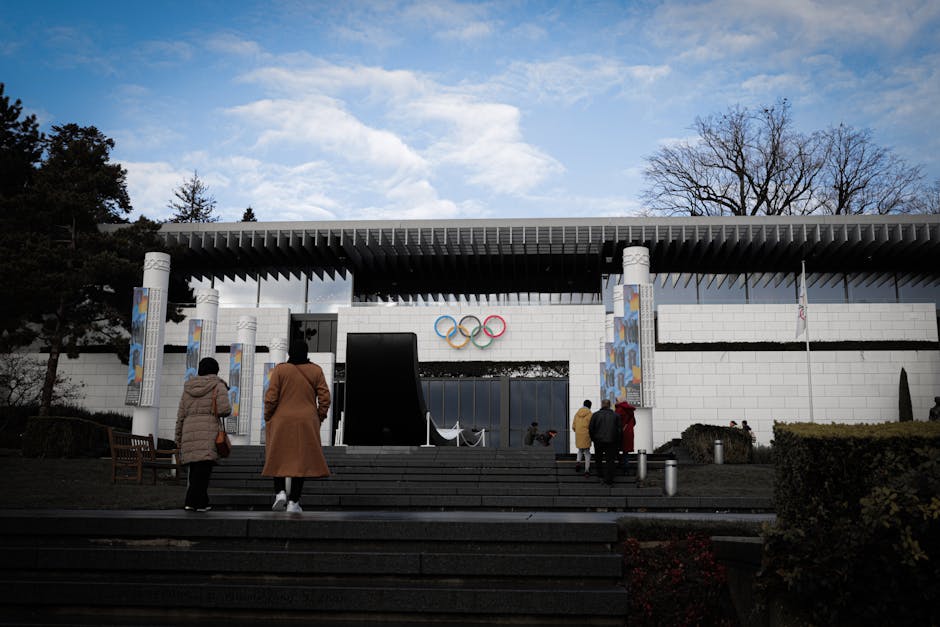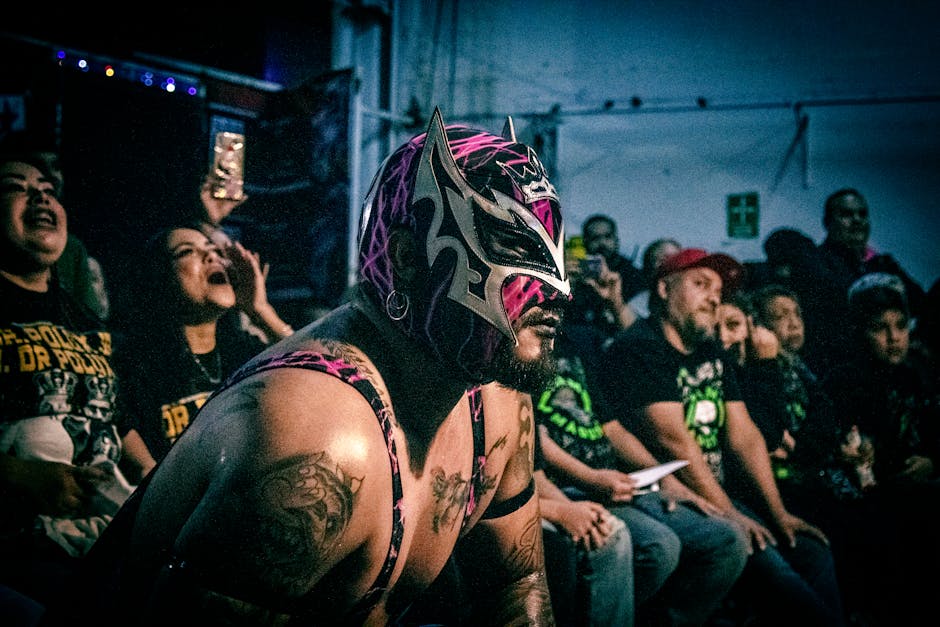IOC and Saudi Arabia End Olympic Esports Partnership
In a sudden move, the International Olympic Committee (IOC) and Saudi Arabia have terminated their high-profile partnership to develop Olympic esports. The collaboration, announced in 2023, aimed to integrate competitive gaming into the Olympics, aligning with Saudi Arabia’s Vision 2030 strategy. However, disagreements over governance, revenue-sharing, and geopolitical concerns led to the split.
Why Did the Partnership Fail?
The deal, initially seen as a breakthrough for esports, faced several key obstacles:
- Governance Clashes – The IOC wanted to maintain control over esports standards, while Saudi Arabia sought more autonomy in structuring tournaments.
- Revenue Disputes – The IOC preferred traditional sponsorship models, whereas Saudi Arabia pushed for aggressive monetization strategies.
- Geopolitical Backlash – Human rights groups criticized the partnership, pressuring the IOC to reconsider its ties with Saudi Arabia.
What’s Next for Olympic Esports?
The IOC remains committed to esports but will explore alternative partners. Meanwhile, Saudi Arabia is doubling down with its 2024 Esports World Cup in Riyadh, featuring a record-breaking $60 million prize pool.
Industry Reactions
Esports insiders are divided:
– Some believe the split preserves gaming’s grassroots culture.
– Others argue it’s a missed opportunity for mainstream legitimacy.
As esports commentator Jake Lucky noted:
“The IOC and Saudi Arabia could’ve reshaped esports—but conflicting visions made it impossible.”
Conclusion
The failed partnership highlights the challenges of merging esports with traditional sports frameworks. While Saudi Arabia charges ahead, the IOC must rethink its strategy to stay relevant in gaming’s fast-paced world.
Stay updated on esports news with NextMinuteNews.




